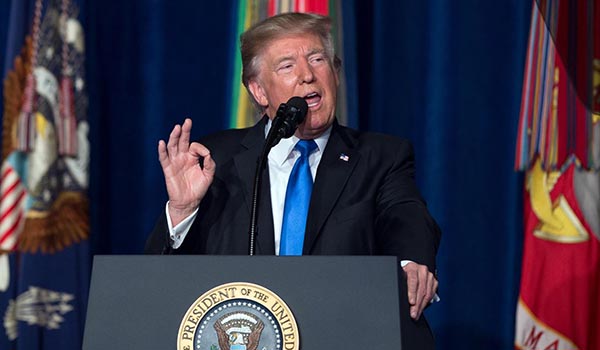
MEXICO CITY — Mexican President Claudia Sheinbaum announced on Monday that an agreement with U.S. President Donald Trump will delay the implementation of a 25% tariff on Mexican imports for one month. The tariffs, which were originally set to take effect on Tuesday, have been postponed as part of a broader deal between the two nations.
While the full details of the agreement are still unfolding, it remains unclear if Mexico will proceed with its previously planned retaliatory tariffs. Sheinbaum confirmed the delay in a post on X (formerly Twitter), saying she and her team had a “good conversation” with President Trump.
The key components of the agreement include Mexico’s commitment to reinforce its northern border with 10,000 National Guard members to curb drug trafficking, particularly fentanyl, into the U.S. Sheinbaum emphasized that the United States would work to address the trafficking of high-powered weapons into Mexico. “Our teams will begin working today on two fronts: security and trade,” she wrote.
This agreement comes just days after Sheinbaum had announced plans to implement retaliatory tariffs and other “non-tariff measures” in response to the looming U.S. tariffs. These were expected to affect a wide range of Mexican imports into the U.S., with the tariffs scheduled to go into effect on Tuesday.
Meanwhile, tariffs on Canadian and Chinese imports are still set to be imposed on Tuesday. In response to U.S. tariff actions, outgoing Canadian Prime Minister Justin Trudeau has confirmed that Canada would implement matching 25% tariffs on up to $155 billion worth of U.S. imports.
The announcement of the tariffs and the subsequent agreements between Mexico and the U.S. have already caused significant turbulence in the stock markets. As of Monday morning, the Nasdaq had dropped 1.86%, the Dow Jones Industrial Average fell about 1.1%, and the S&P 500 saw a decline of approximately 1.8%.
Both countries will continue to negotiate over the next month, as the agreement sets the stage for ongoing discussions regarding border security and trade relations.










